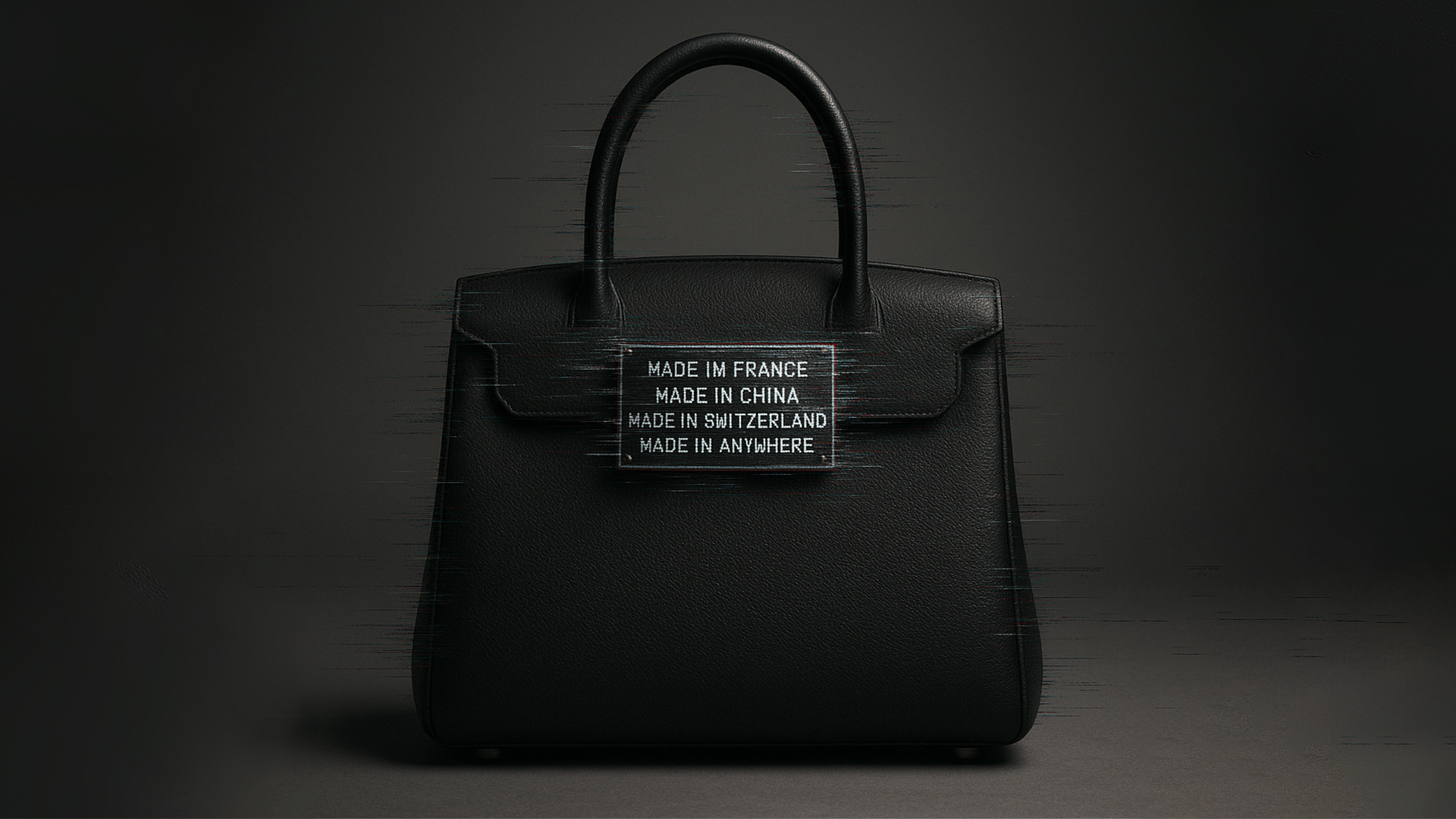
Tesla’s Spectacular Crash is an Expensive Lesson in Brand Trust
When Personal Brands Wreck Business Giants: The Tesla Takeaway
Why Brand Trust is More Critical Than Ever
Elon Musk: Visionary genius? Evil mastermind? Or just the world’s richest clown with a Twitter account? Whatever the label, one thing is clear—Musk’s antics have slammed a sledgehammer into Tesla’s trillion-dollar valuation. From market highs to shedding billions in weeks, Tesla’s downfall is a masterclass in brand missteps.
For years, Tesla wasn’t just a car company; it was a movement. A symbol of the future, innovation, and sustainability. Consumers didn’t just buy Tesla vehicles—they bought into the brand’s vision of a cleaner, tech-driven world. But when the figurehead of that movement became increasingly controversial, the brand itself started taking the hits. The lesson? No matter how big, no brand is untouchable when it drifts away from the values that made it great.
Let’s break down what went wrong, what businesses can learn, and how brand custodians can avoid a similar fate.
The Fallout
Tesla, once the face of sustainable innovation, now faces backlash. The trigger? Musk’s political stances and erratic behavior—like his recent “Swasticar” controversy. Tesla’s core audience, progressive and sustainability-driven, is rethinking loyalty. The result? Billions wiped from Tesla’s valuation and global boycotts erupting in key markets.
Brand Misalignment
and the Cost of Lost Trust
But this isn’t just about controversy—it’s about brand misalignment, reputation damage, and the cost of losing consumer trust. Tesla’s once-loyal customer base is now reconsidering its relationship with the brand. Consumers who once saw Tesla as a futuristic, values-driven company now view it as a brand in conflict with its own positioning. Orders have been canceled, brand sentiment has plummeted, and Tesla’s once-premium reputation is now under fire.
The Fall of Elon Musk:
Once the Brand's Best Asset,
Now the Brand’s Biggest Liability
A key factor? Musk himself. Once heralded as a real-life Tony Stark—a maverick entrepreneur shaping the future—Musk has now become one of the most polarizing figures in the world. His recent involvement with the White House and alignment with controversial policies have accelerated his fall from grace. The same larger-than-life persona that once propelled Tesla to cult status has now alienated core customers. And because Musk is the Tesla brand, his personal downfall is dragging the company down with him.
A Pattern of Broken Brand Trust
This isn’t an isolated incident. Target, once celebrated for its commitment to Diversity, Equity, and Inclusion (DEI), faced massive backlash and boycotts after rolling back its initiatives. The reversal alienated its core audience, sparking widespread criticism and a significant dip in consumer trust. Within weeks, Target’s market value dropped by billions.
This is what happens when brands break trust—not just with customers, but with their own strategic foundation. Brand positioning, business reputation, and consumer perception aren’t just marketing concerns—they’re business survival factors.

The Business Lesson:
Strategic Branding is Non-Negotiable
• Authenticity Wins: If you promise sustainability, inclusivity, or innovation, live it—always.
The Bottom Line:
Brand Trust is A Business Asset
What You Can Do Today
Because if even Tesla isn’t immune, no one is.
Need help aligning your brand for impact? Let’s talk about building a brand that earns trust and drives growth—consistently.


